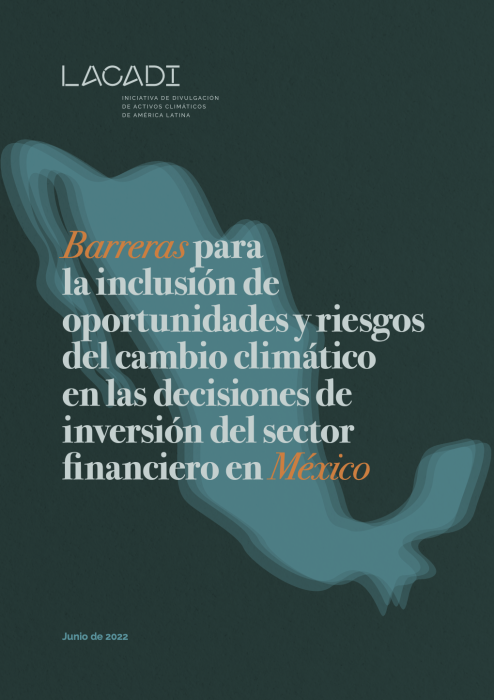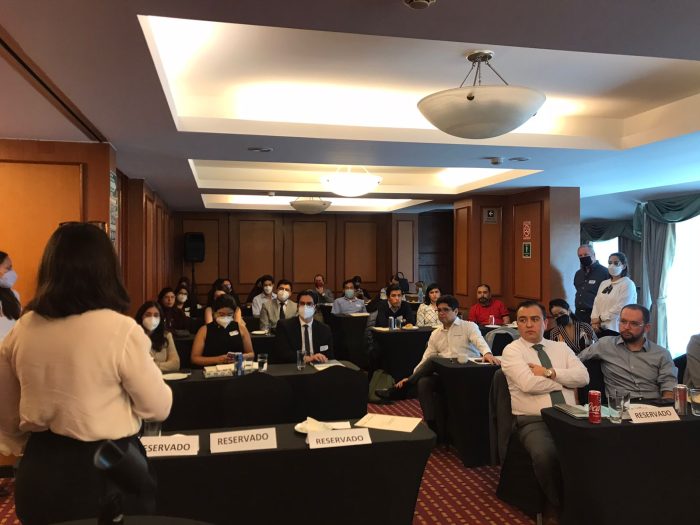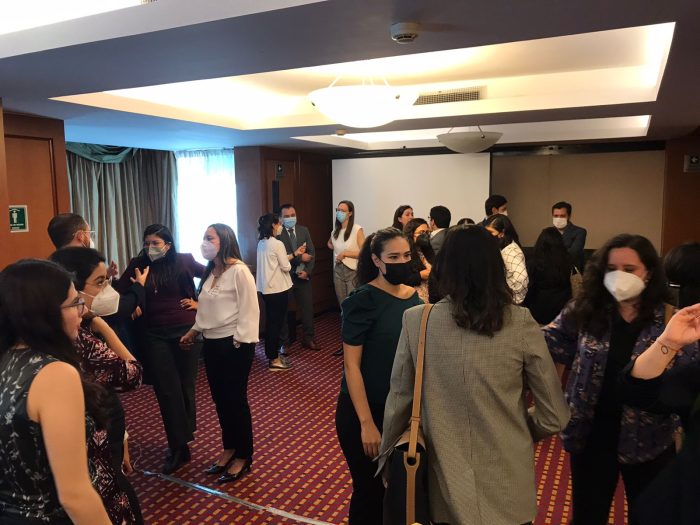In the framework of the Latin American Climate Assets Disclosure Initiative (LACADI), the report “Barriers to the inclusion of Climate Change opportunities and risks in financial sector investment decisions in Mexico” was published in July 2022.
This document serves as a fundamental reference for institutional investors to recognise the current state of the climate issue, take the opportunity to strengthen their capacities and focus their efforts on including climate change variables in their investment decisions.
The LACADI team identified seven main barriers to incorporating the analysis and information about climate change risks and opportunities into investment decisions in Mexico:
- Lack of climate information for investment decision-making.
- Lack of standardisation of climate information and available Environmental, Social and Governance (ESG) indicators.
- Lack of technical capacity of institutional investors to integrate climate factors into investment decisions.
- Regulatory vacuum and legal uncertainty for effective climate disclosure.
- Shortage in the supply of projects and assets, as there is a large gap in demand for well-structured projects under certain criteria that are financially viable and attractive to institutional investors.
- The structure, size and shape of the financial market. The majority of institutional investors’ investments in the private sector are concentrated in a very small number of Mexican companies, which affects the diversification of investment portfolios. The ambition of the federal agenda and the country’s energy policies make it impossible for institutional investors to address one of the biggest areas of opportunity for the transition to a low-carbon economy in a cost-effective manner.
- Lack of definition of a national sustainable taxonomy. There is distrust of labelled financial products because of the arbitrariness of how and by whom the label is defined.
Once the relationship between the sector’s business model and its potential to contribute to climate action is understood, institutional investors will undoubtedly be powerful agents of change.
The full report, conclusions and analysis are available here.



